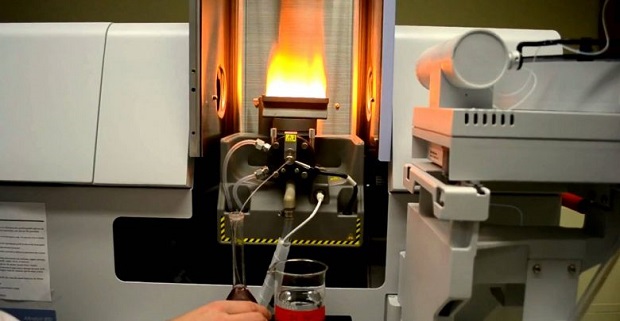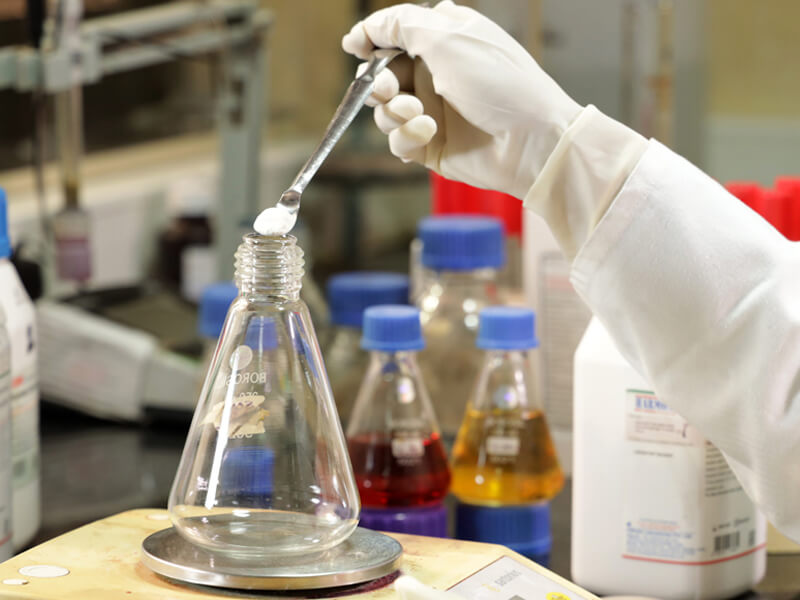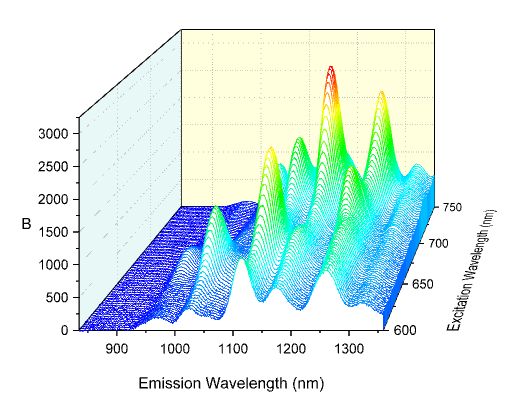

The quality of analysis depend more on the quality of the operator than that of the instrument, so this course will help laboratory staff to understand meaning of spectroscopy, and to be apple to make elemental analysis with high sensitivity by spectroscopy
The course is of interest for any person working in any analytical laboratory. Laboratory staff, Chemists, supervisors and technicians.
This interactive Training will be highly interactive, with opportunities to advance your opinions and ideas and will include;
CDGA attendance certificate will be issued to all attendees completing minimum of 80% of the total course duration.
| Code | Date | Venue | Fees | Register |
|---|---|---|---|---|
| LAB134-02 | 13-04-2026 | Kuala-Lumpur | USD 5950 | |
| LAB134-03 | 19-07-2026 | Manama | USD 5450 | |
| LAB134-04 | 06-12-2026 | Dubai | USD 5450 |

Determining the chemical composition of water can give operators an indication of the tendency of the water to generate scale or cause corrosion. Proper treatment of the water based on the chemical an ...

Knowledge of modern analytical instruments and techniques is necessary to solve any laboratory problem. The course provides basic analytical analysis methods and troubleshooting techniques of the most ...

Since the scientist have needed to know the identity and quantity of the materials with which they are working. Consequently, the development of chemical and physical analysis parallels the developmen ...
 & MOLECULE IDENTIFYING.jpg)
Spectroscopy has become an important tool in chemical analysis to identify unknown molecules. This course will serve as an introduction to UV, IR, NMR and MS-spectroscopy and their applications in ind ...
Providing services with a high quality that are satisfying the requirements
Appling the specifications and legalizations to ensure the quality of service.
Best utilization of resources for continually improving the business activities.
CDGA keen to selects highly technical instructors based on professional field experience
Since CDGA was established, it considered a training partner for world class oil & gas institution
3012, Block 3, 30 Euro Business Park, Little Island, Co. Cork, T45 V220, Ireland
Mon to Fri 09:00 AM to 06:00 PM
Contact Us anytime!
Request Info